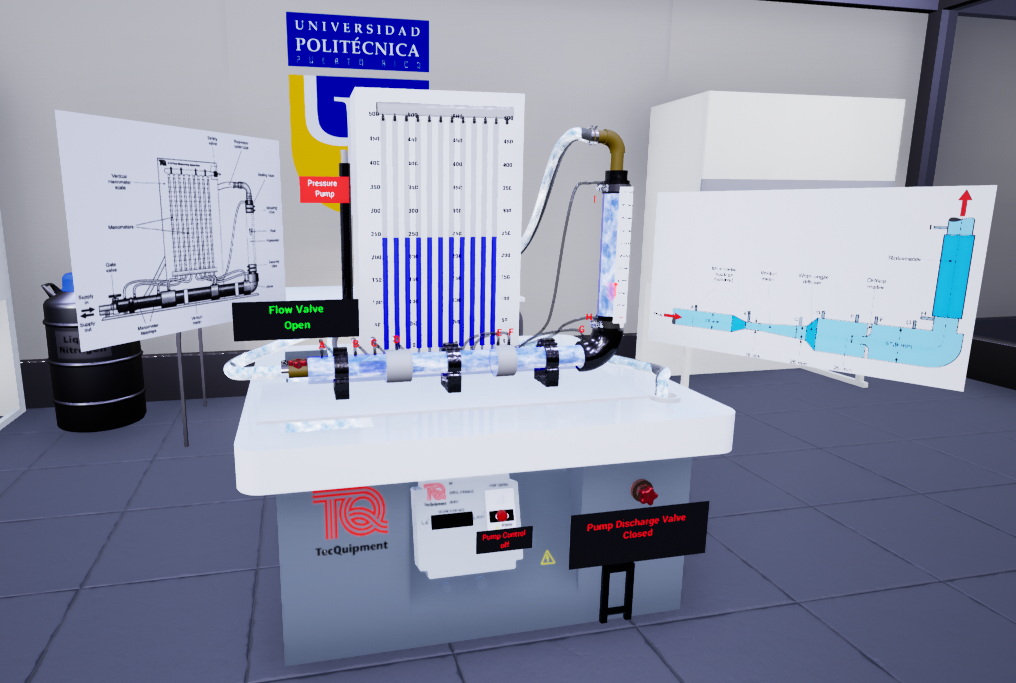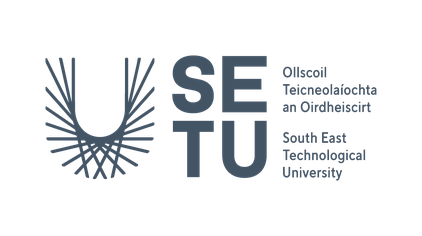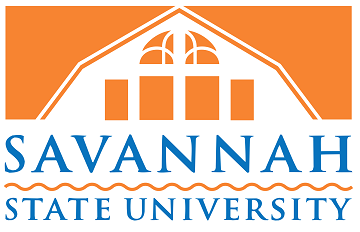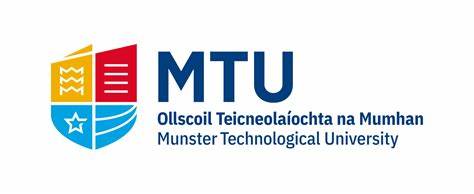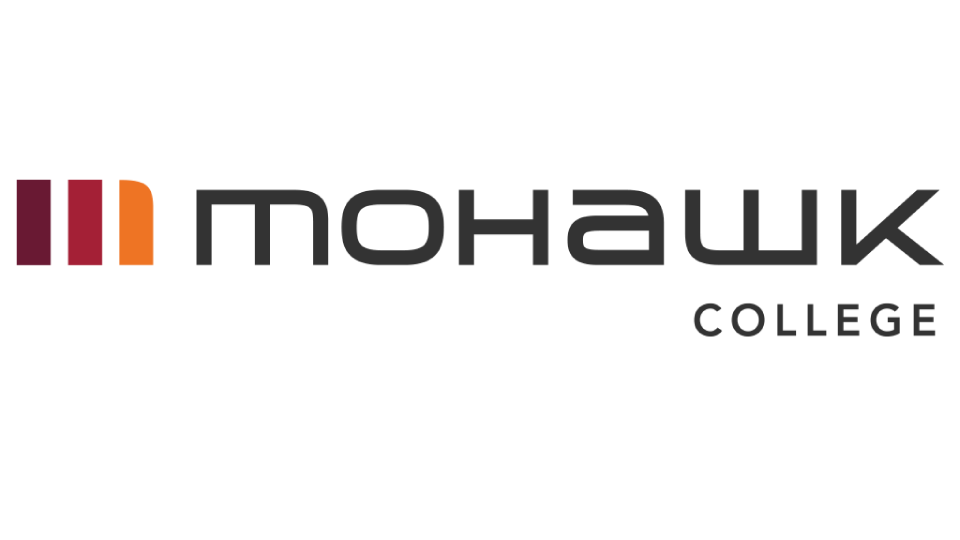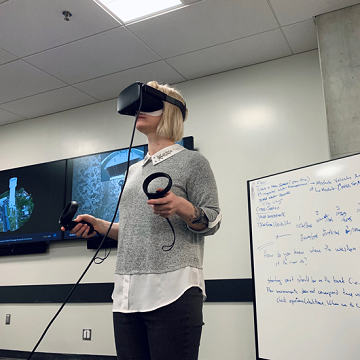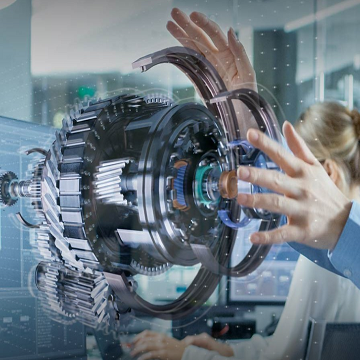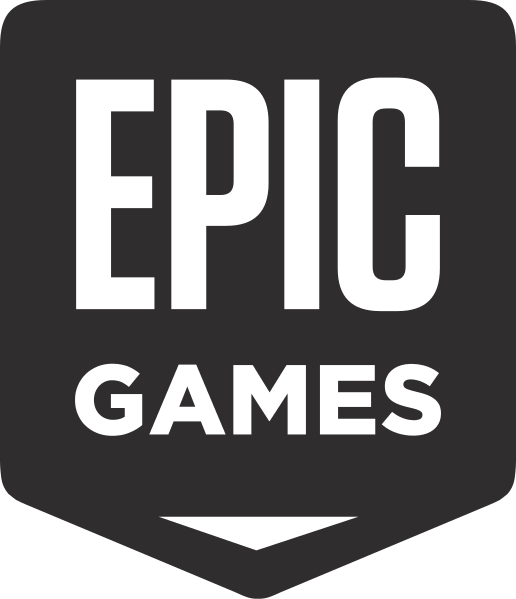CEMEX Virtual Labs for Cement Production Training
From Pre-heater operations and Rotatory Kiln to Mixture and Shipping
The project, developed by PNX Labs, aims to reduce the time it takes to train production engineers so they can understand from top to bottom the critical production variables involved in cement production. The VR experience was divided into ten modules, each with 5-10 sub-modules. The training program includes the following modules: Mixture preparation, milling, preheater and calcination, rotatory kiln, burners, cooling, cement production, packaging, hydration, and concrete production.
Continue Reading

